Eurovision Voting Under Scrutiny After Israel’s Public Vote Surge
Israel’s top performance in the public vote at the Eurovision Song Contest has sparked questions from several countries about the transparency and integrity of the voting system.Israel’s performance at this year’s Eurovision Song Contest has ignited controversy after its entrant, Yuval Raphael, won the public vote but ultimately finished second behind Austria when jury scores were included. The outcome has led broadcasters from multiple European countries to call for a review of the contest’s voting procedures.
Raphael’s emotional ballad New Day Will Rise propelled Israel from a mid-table jury ranking — joint 14th — to a near-victory, thanks to overwhelming support from the public televote. Viewers in Belgium, the Netherlands, Spain, and the United Kingdom awarded Israel the maximum 12 points, while Ireland and Finland gave 10.
However, the discrepancy between the jury and public votes has raised suspicions and led to formal inquiries. Ireland’s national broadcaster, RTÉ, has requested a complete breakdown of the voting data from the European Broadcasting Union (EBU), while Spain’s RTVE called for an investigation and review of the televoting process.
The current rules allow viewers to vote up to 20 times via phone, text, or app — a system critics say could be open to manipulation. Flemish MP Katia Segers criticized the method, arguing it encourages coordinated voting efforts and could skew results. “Whether manipulation occurred needs to be investigated across all participating and non-participating countries,” she stated.
Flemish public broadcaster VRT echoed calls for greater transparency. “We have no evidence of vote tampering, but we want full clarity from the EBU,” a spokesperson said. “The central issue is whether the voting system accurately reflects public opinion.”
Finland’s broadcaster YLE also expressed concern, suggesting a re-evaluation of the voting rules to ensure fairness and prevent abuse.
Dutch broadcasters Avrotros and NPO went further, suggesting the competition is being influenced by global political tensions. “The involvement of Israel raises questions about whether Eurovision still functions as an apolitical, unifying cultural event,” they said in a joint statement.
The contest’s executive supervisor, Martin Green, responded by reaffirming the integrity of the process. “We are in constant contact with all participating broadcasters and take their concerns seriously,” he said, adding that an independent monitor verifies both jury and public votes to ensure legitimacy.
Green emphasized that the Eurovision voting system is among the most sophisticated globally, and any irregular patterns are investigated and ruled out before final results are announced.
Additionally, the EBU’s Eurovision News service reported that the Israeli government sponsored advertisements and used official social media channels to rally support for their entry — a move within the rules, according to Green.
In light of the controversy, the EBU plans to hold a wide-ranging discussion with participating broadcasters to gather feedback and consider potential reforms ahead of next year’s contest.
The debate continues as Eurovision 2025 preparations begin, with Austria crowned this year’s winner and the UK landing in 19th place.

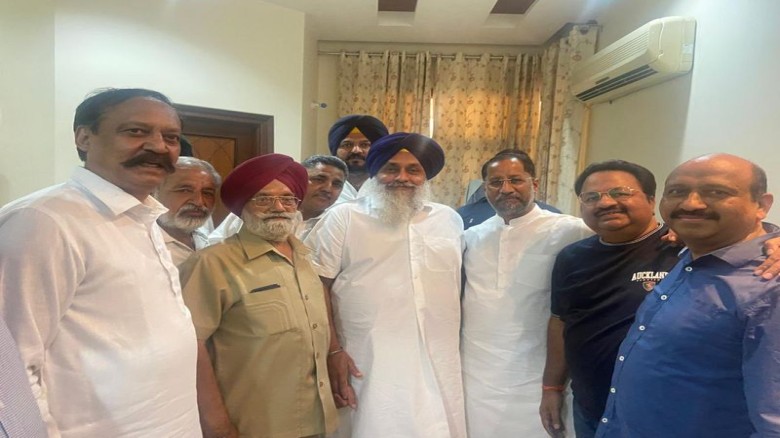
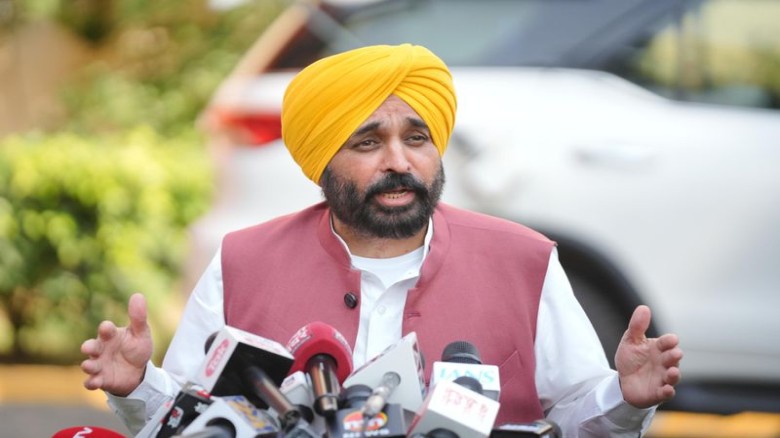

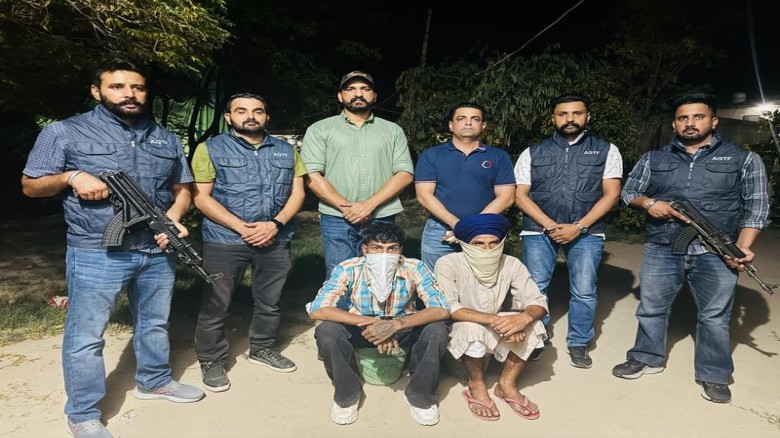

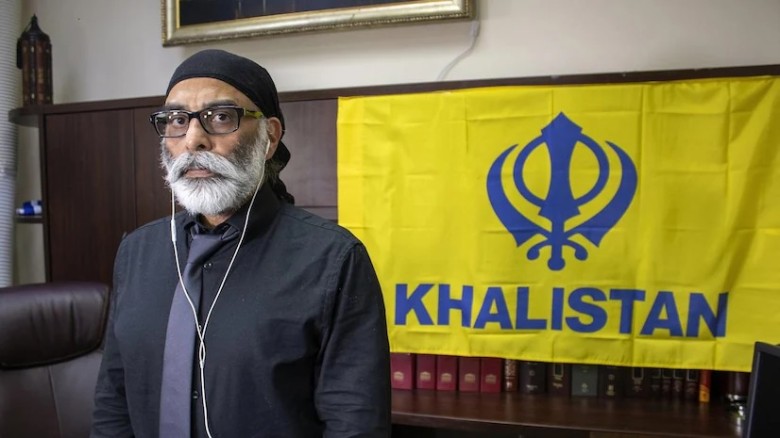


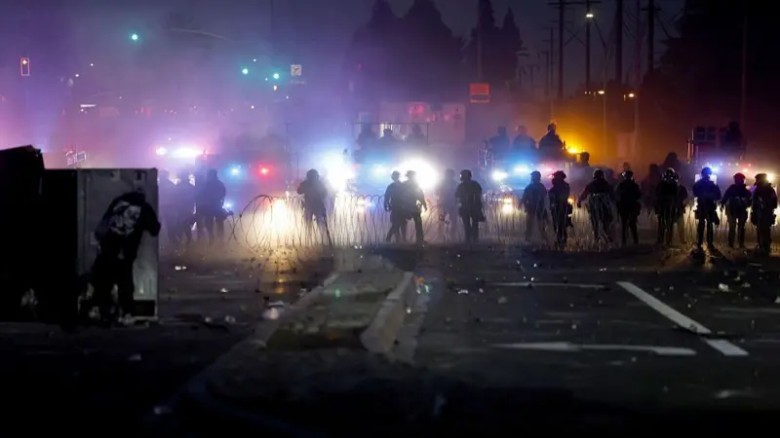
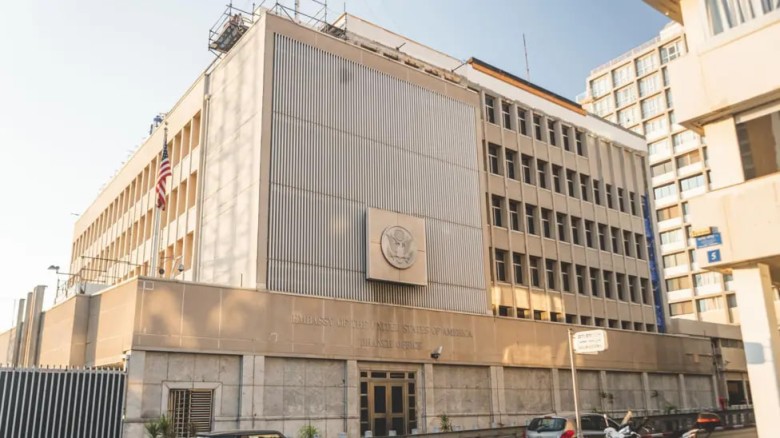
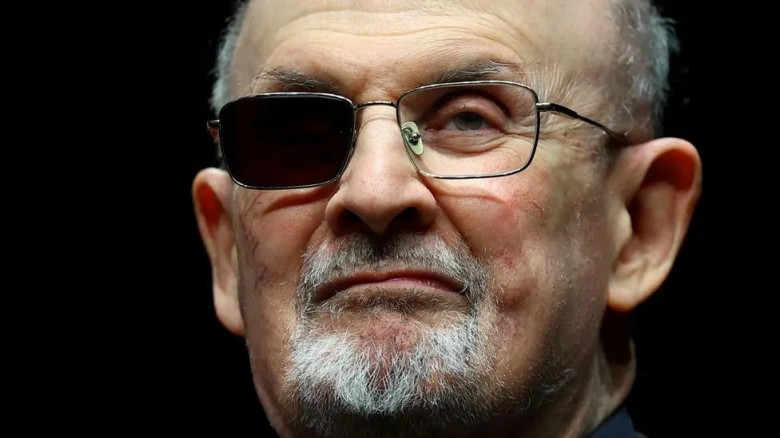
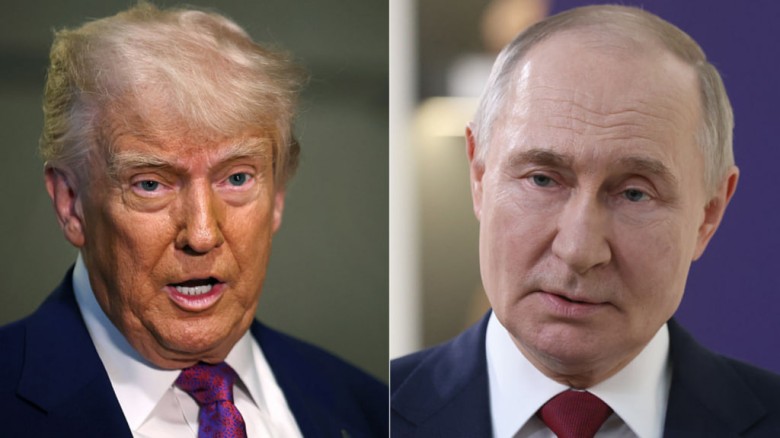
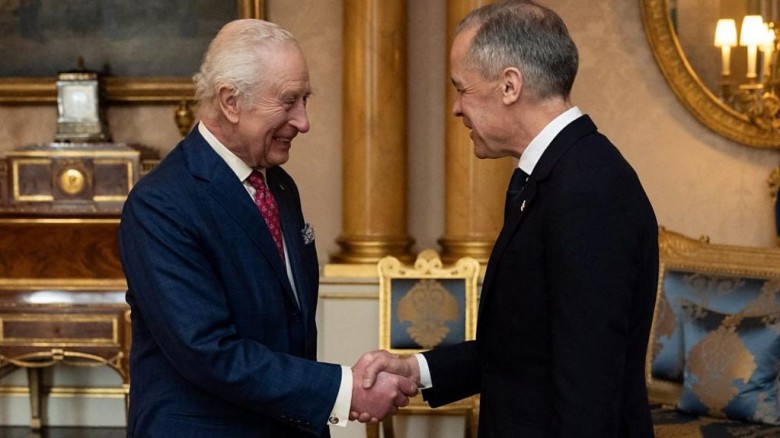



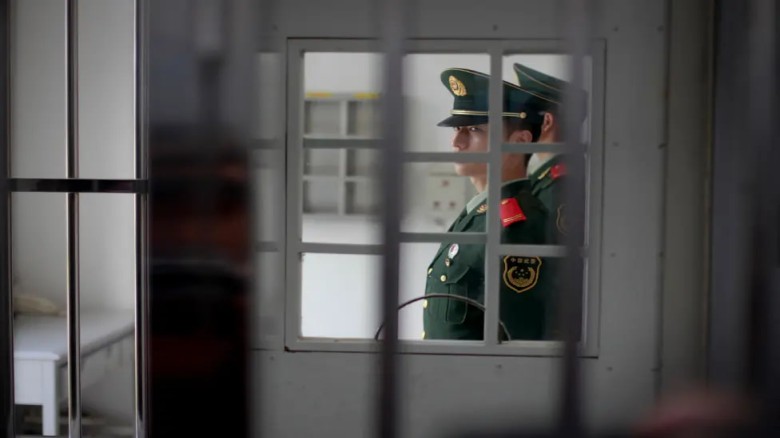

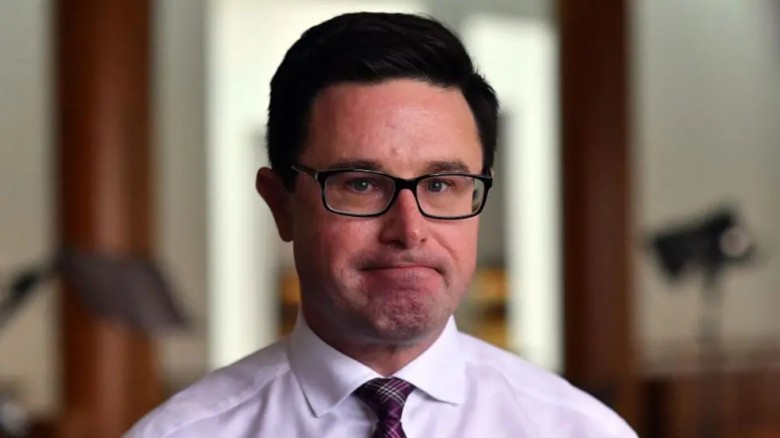


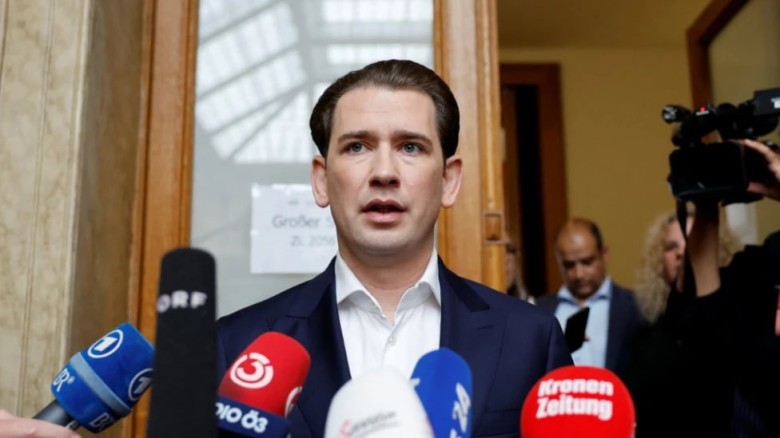


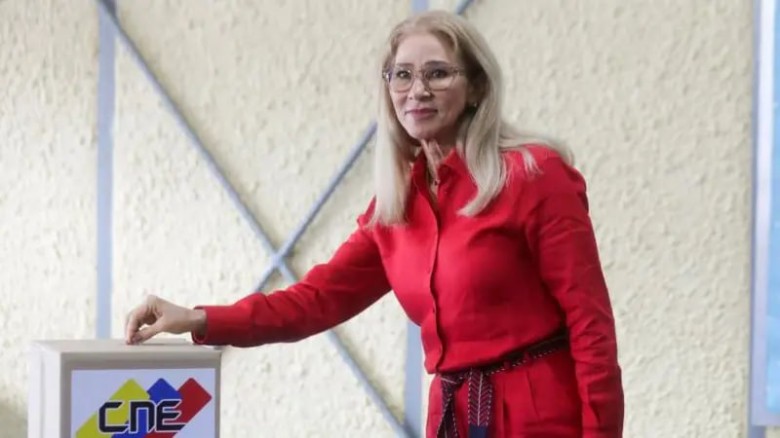












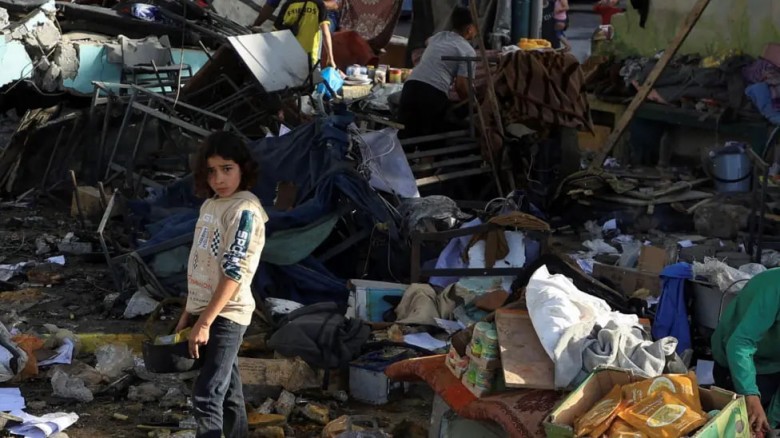










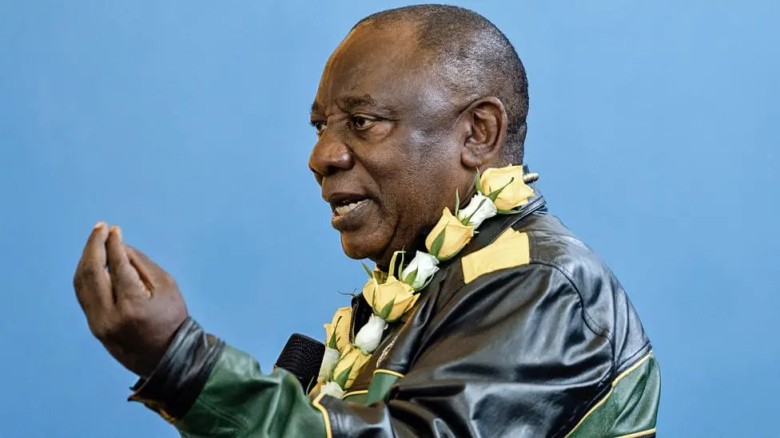

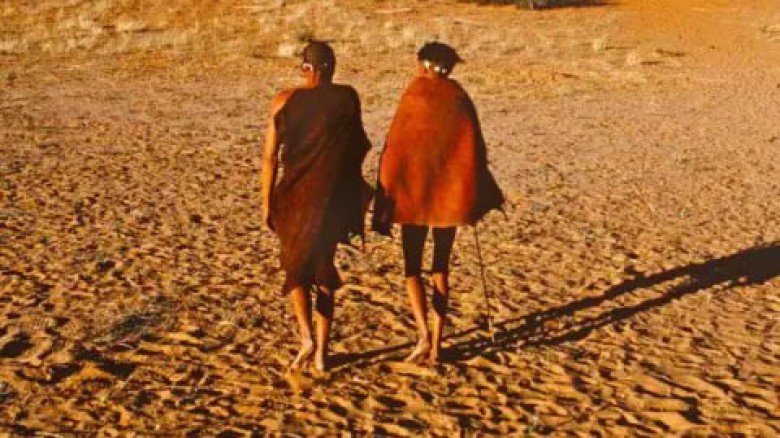









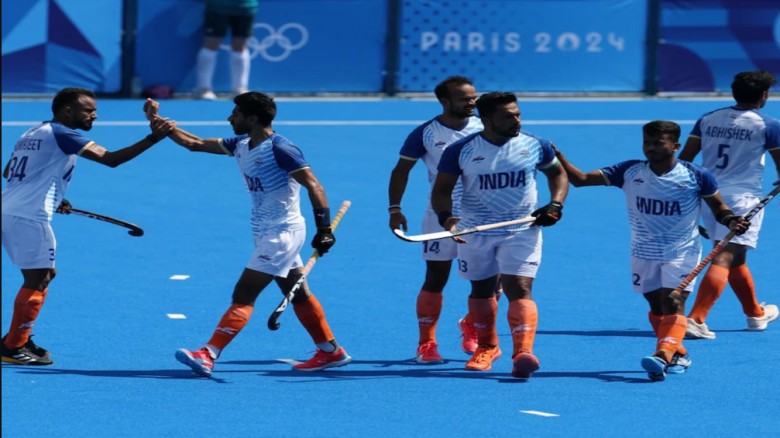











Leave A Comment